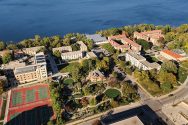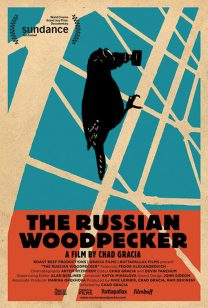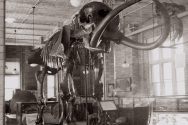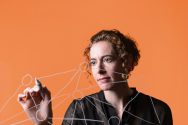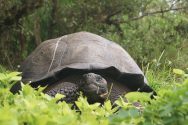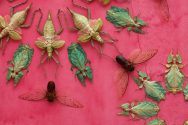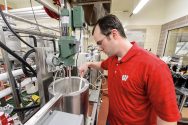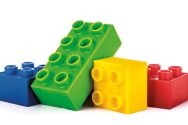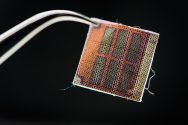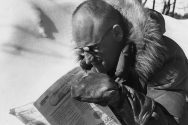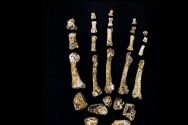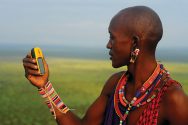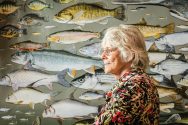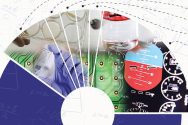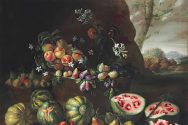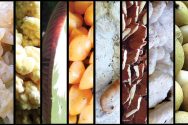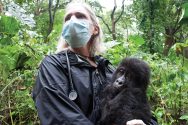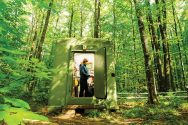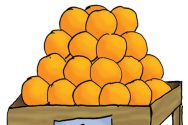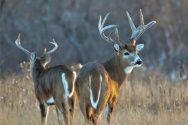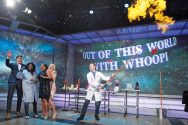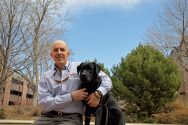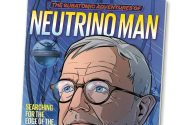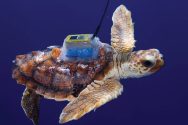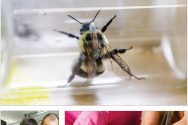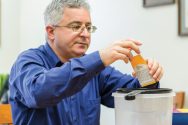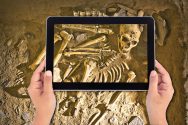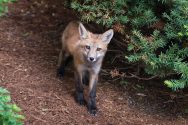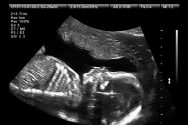Science
280 stories. Showing page 6 of 10.
The title of director/editor Chad Gracia ’92’s debut documentary film — The Russian Woodpecker — invites so many questions, but, it turns out, it has nothing to do with birds and everything to do with Fedor Alexandrovich: an eccentric, Ukrainian artist who is…
A mashup of science and old-fashioned detective work revealed the true origins of a mastodon skeleton on display at the UW for a century.
UW's first enologist is mixing science and business to make Wisconsin's wine — and its wine industry — more robust.
Shutterstock
Lego wants to turn its iconic bricks green by investing $150 million to find cleaner ways to manufacture them. But the iconic toy company isn’t alone in trying to change the process for the better.
Most of the chemicals used to make plastics, including water bottles,…
UW researchers weave fabric that can harness solar energy.
Benjamin Franklin was right. Taxation is an absolute certainty in life — even life near the South Pole.
An astounding find in South Africa adds a new branch to the human family tree.
Two UW alumni are working closely with African tribal warriors, teaching them how to protect — rather than kill — the majestic lions that roam their lands.
There’s a STEM boom at the UW, with those majors accounting for 40 percent of degrees.
Paintings show horticulture students how fruits and vegetables have changed over the centuries.
Imagery can serve as essential data that help scientists understand how things work, but science images can also be fascinating and beautiful.
Her office is home to thirty-one rare and endangered species.
At a tiny building in Wisconsin’s Chequamegon-Nicolet National Forest, scientist Claire Phillips studies carbon in soil samples. The UW has been conducting research at the site for a decade, exploring how forests change over time, under the direction of Ankur Desai, an associate professor in atmospheric and oceanic sciences.
Veronica Berns PhD’14 found a novel way to make chemistry easier to understand.
The greatest threat to Wisconsin’s forests may not be pollution or urban sprawl.
He does popping. He devotes time to his company. He teaches adults and kids about science. He works on his doctorate. Is there anything Jeff Vinokur ’12 isn't doing?
Every day is Take Your Dog to Work Day for Philip Tedeschi.
Citizen scientists provide clarity for lake researchers’ big questions.
Who knew? Tagging bumblebees can help farmers with their crops.
Irwin Goldman packages seeds for the Open Source Seed Initiative. Using envelopes such as the one below, OSSI sent material to 6,000 people in 16 countries. Photo: Bryce Richter.
Free the seeds, feed the future.
Last April, professors Irwin Goldman of horticulture and Jack…
What does it take to produce one of those courses with the funny name? We look at the intense planning, the in-the-field work, and the post-production effort required to create a MOOC.
The fox is in town and stealing hearts all over Madison.
Ultrasounds create a powerful connection for dads-to-be.
